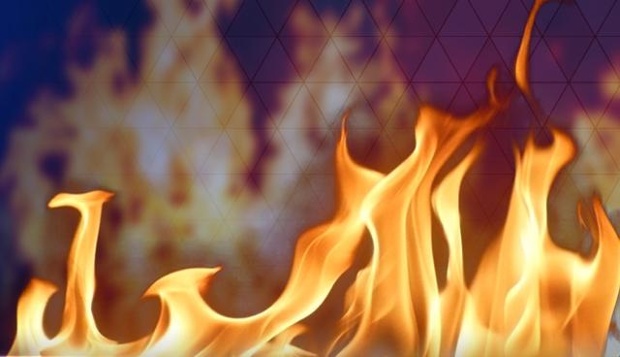HARRISBURG – The Shapiro Administration has announced that the application window is now open for grants to help Pennsylvania’s rural communities increase protection from wildfires.
Gov. Josh Shapiro is committed to keeping communities safe and ensuring the Commonwealth is ready for a wide range of emergency situations.
This new funding will build on the Shapiro Administration’s continued investment in communities across Pennsylvania.
“We are pleased to the support the men and women who volunteer with the fire companies that serve our rural areas and communities across Pennsylvania with these grants,” Department of Conservation and Natural Resources (DCNR) Secretary Cindy Adams Dunn said.
“Having well-equipped and highly trained wildland firefighters is critical to protecting the commonwealth’s natural resources and we encourage eligible fire companies to apply for this grant round.”
Acting State Fire Commissioner Thomas Cook noted volunteer fire companies’ service to communities close to home, adding that many volunteer firefighters often join DCNR’s Bureau of Forestry crews battling wildfires across the U.S.
“Grants programs like these are vital financial lifelines for the volunteer fire companies that keep our communities safe, and they fund increasingly necessary training and equipment that firefighters would otherwise go without,” Cook said.
“Certainly, the last few years have underscored that the ability to tackle wildfires is a key competency fire departments will need to focus on going forward.”
Grant applications must be electronically submitted through DCNR’s grant Web site by 4 p.m., Thursday, May 11, 2023.
To expedite applications and decision-making processes, DCNR is accepting only online applications. Visit DCNR’s Web site for more information about the Volunteer Fire Assistance (VFA) grants.
Local firefighting forces in rural areas or communities with fewer than 10,000 residents qualify for the aid, which is used for training and equipment purchases directly related to fighting brush and forest fires.
Grant recipients are selected based on vulnerability and adequacy of existing fire protection. The key objective is to better equip and train volunteers to save lives and protect property in unprotected or inadequately protected rural areas.
Priority will be placed on projects that include the purchase of wildfire suppression equipment and protective clothing.
Grants also may be used for purchasing mobile or portable radios, installing dry hydrants, wildfire prevention and mitigation work, training wildfire fighters, or converting and maintaining federal excess vehicles provided to them by the department.
Local firefighting forces may receive grants up to $12,500. Aid is granted on a cost-share basis. Grants for any project during a fiscal year cannot exceed 50 percent of the actual expenditures of local, public, and private nonprofit organizations in the agreement.
Cook and Dunn noted the dedication volunteer fire companies demonstrate when they answer assistance calls coming from other states, while also responding regularly to local woodland and brush fires.
They noted the wildfire grants help enable smaller companies to concentrate more on public safety and training while easing their fiscal constraints.
In 2022, nearly $763,000 was awarded to 122 volunteer fire companies serving rural areas and communities where forest and brush fires are common.
The grant program, offered through DCNR and paid through federal grants from the U.S. Department of Agriculture Forest Service, has awarded more than $13 million since it began in 1982.
